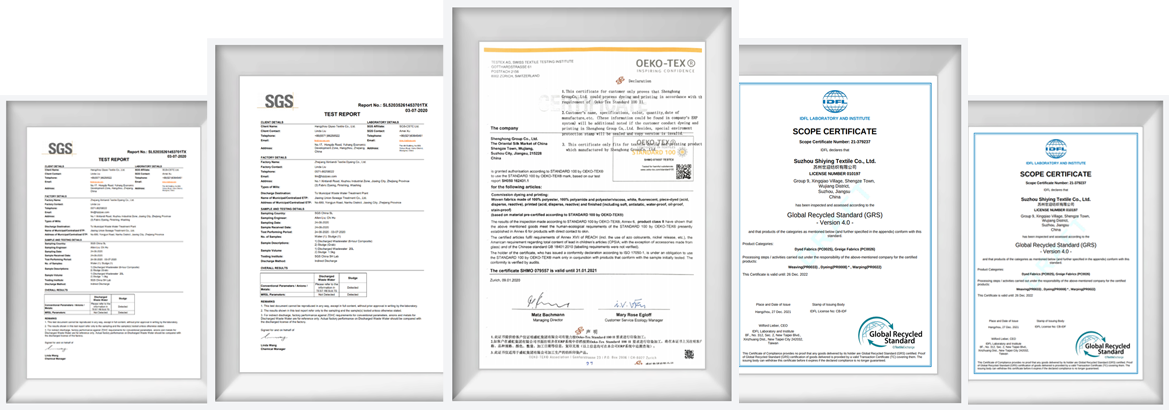Industry knowledge
The primary materials or fibers used in tarpaulin fabric, and how do they contribute to its durability and performance?
Tarpaulin fabric is typically made from various materials or fibers that contribute to its durability and performance. The choice of materials can vary based on the specific requirements and applications of the tarpaulin. Here are some common materials and their contributions:
Polyethylene (PE):
Durability: Polyethylene is a commonly used material for
tarpaulin fabric. It is durable and resistant to tearing, making it suitable for heavy-duty applications.
Polypropylene (PP):
Strength: Polypropylene provides strength and resistance to moisture. It's often used in combination with other materials for added durability.
Vinyl (PVC):
Waterproofing: PVC-coated tarpaulin fabric is waterproof and resistant to UV radiation. It is commonly used for heavy-duty applications such as truck tarps and industrial covers.
Canvas:
Breathability: Canvas tarpaulins are made from cotton or a cotton blend. They are breathable and resistant to mildew, making them suitable for covering items that require ventilation.
Nylon:
Lightweight and Strength: Nylon tarpaulins are lightweight and strong. They are often used in outdoor recreational applications like camping and hiking.
Polyester:
UV Resistance: Polyester tarpaulins are known for their UV resistance. They are suitable for applications where exposure to sunlight is a concern.
Mesh: Mesh tarpaulin fabric is made from a combination of materials, providing shade and ventilation. It's often used in agricultural and construction applications.
Laminated Fabrics: Tarpaulin fabric may consist of multiple layers of different materials. For instance, a tarpaulin could have a polyethylene base layer with a PVC coating for enhanced waterproofing and durability.
What are the key characteristics and properties of tarpaulin fabric?
Tarpaulin fabric possesses several key characteristics and properties that make it suitable for a wide range of outdoor and industrial applications. These properties contribute to its durability and versatility. Here are the key characteristics and properties of tarpaulin fabric:
Durability: Tarpaulin fabric is known for its durability and ability to withstand wear and tear. It can handle rough handling, abrasion, and heavy loads, making it suitable for various industrial and outdoor uses.
Water Resistance: Tarpaulin fabric is typically waterproof or highly water-resistant. It effectively shields items or areas underneath it from rain, moisture, and other forms of liquid, ensuring they remain dry.
UV Resistance: Many
tarpaulin fabrics are treated or coated to be UV-resistant. This property helps prevent damage and degradation from prolonged exposure to sunlight, making them ideal for outdoor use.
Tear Resistance: Tarpaulin fabric is designed to be tear-resistant, which means it can withstand forces that would cause other materials to tear or rip.
Mildew Resistance: Some tarpaulin fabrics are treated to resist the growth of mold and mildew, which can be common in damp outdoor environments.
Strength: Tarpaulin fabric is typically strong and able to support heavy loads or withstand strong winds. It is used in construction, transportation, and various industrial applications.
Customization: Tarpaulin fabric comes in a range of colors and sizes, allowing users to choose the specific tarp that suits their needs. It can be easily customized for different applications.
Lightweight: Despite its strength and durability, tarpaulin fabric is often lightweight and easy to handle. This makes it convenient for transporting and deploying.
Breathability: Depending on the type of tarpaulin fabric, some are designed to be breathable, allowing for ventilation to prevent condensation and maintain a comfortable environment underneath.
Chemical Resistance: Tarpaulin fabric may resist damage from chemicals and pollutants, making it suitable for industrial applications.
Quick Drying: When exposed to rain or moisture, tarpaulin fabric dries quickly, preventing mold and mildew growth.
Ease of Maintenance: Tarpaulin fabric is typically easy to clean and maintain. Regular cleaning with mild soap and water can keep it in good condition.

 中文简体
中文简体



